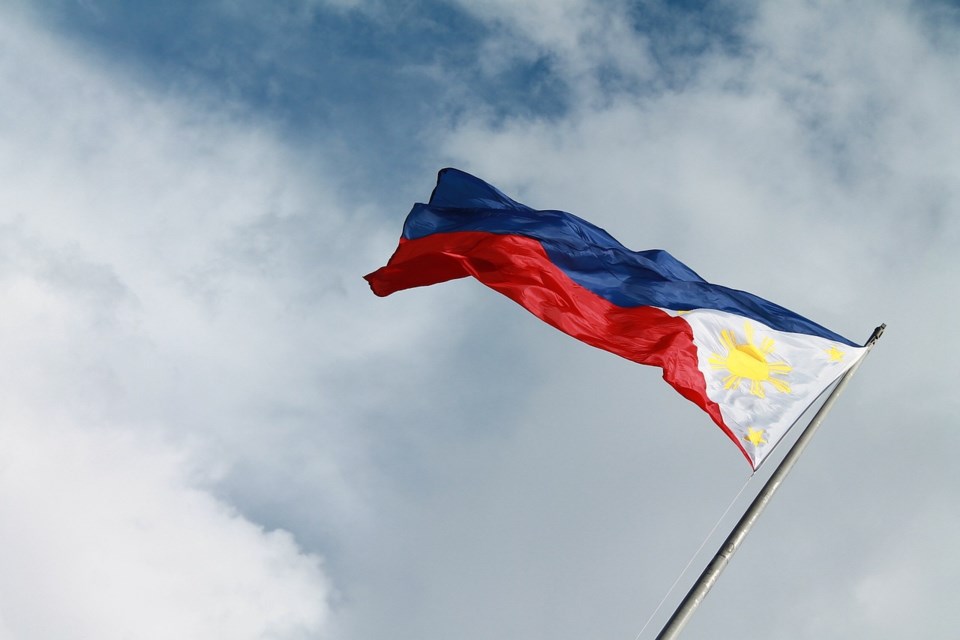Holdover issues from last year have leaders in Alberta’s Filipino and Muslim communities keeping a hopeful eye on the provincial government in 2024.
Rural Filipinos want to see the resumption of a project to develop a curriculum dedicated to their ethnicity. The UCP halted the project after the party formed the government in April 2019.
The previous NDP government announced the cultural and language curriculum earlier in 2019, saying the program for students in kindergarten to Grade 12 would launch in participating schools at the start of the 2020-21 year.
Many of Alberta’s Muslims, meanwhile, want the province to make good on a UCP election promise to reduce barriers to borrowing by creating halal financing options. Halal loans tie money earned by the lender to the profits or losses of the investments they enable. Interest charges in the usual sense are not allowed.
Curriculum Called 'Vital Work'
Filipino curriculum development for Alberta schools is “vital work” that the government should resume, Irfan Sabir told his elected colleagues during Question Period Dec. 4.
Sabir, deputy house leader for the Opposition, noted that Alberta is home to the second-largest Filipino community in Canada and its people deserve more government attention.
Education Minister Demetrios Nicolaides, who represents Calgary-Bow, wouldn’t commit to bringing the curriculum back. But he did say he was open to meeting with members of the Filipino community to talk about it.
Nicolaides pointed out that the government is in the process of updating Alberta’s curriculum. “Of course, with that redevelopment and redesign there are unique opportunities to make sure we are improving the curriculum we’re delivering to our children,” he said.
About a week earlier Sabir addressed a convention of rural Alberta Filipinos in Calgary. Attendees of the Nov. 26 and 27 gathering spoke of the lost curriculum project, and also voiced concerns about conditions for health care workers and the future of Canada Pension Plan benefits, Sabir said.
Members of the Filipino community “work tirelessly as nurses and in other critical jobs in our hospitals and clinics each and every day,” said Sabir, the representative of Calgary-Bhullar-McCall. “Like every worker in health care for the past four years, they are exhausted, overwhelmed and short-staffed, and don’t see an end in sight for the chaos the UCP government has caused in our health care system.”
Health Minister Adriana LaGrange, Red Deer-North, said the government signed a memorandum of understanding to get more nurses from the Philippines working in Alberta. “We’re concerned about every health care worker that is out there,” she said. That’s why Alberta is refocusing a health care system that “has let many of our health care workers down.”
The previous UCP government, under then-premier Jason Kenney, announced the memorandum of understanding with the Philippines in October 2022. Under the MOU, the province said it would provide financial, licensing and educational assistance to smooth the transition of Filipino nurses into the Alberta workforce.
On the possible creation of an Alberta pension plan, the Alberta government awaits information from the Office of the Chief Actuary of Canada. The message for all communities is the same, said Finance Minister Nate Horner,: an “ongoing, active conversation” is underway about “an admittedly complicated scenario.”
Horner, the representative for Drumheller-Stettler, added: “If the information changes, so will our conversation with Albertans, but I think it’s important that everyone has the most up-to-date information about the potential and promise this could have for the province, Alberta families and Alberta businesses. And if that changes, so will the engagement style, but for right now we’re just having the conversation in the most honest way.”
According to StatsCan, Filipinos in Alberta numbered 203,960 people in 2021. That’s more than 21 per cent of all the people in Canada of Filipino extraction. About four in five Canadians with Filipino roots are immigrants.
About 2.5 per cent of Alberta’s population in 2021 named Tagalog as their first language. A standardized form of Tagalog is the national language of the Philippines, but the country also counts English as an official language.
'Systemic Barriers' Persist in Financing
A lack of halal financing options in Alberta means many Muslims face “systemic barriers” when seeking mortgages, Sharif Haji, Edmonton-Decore, told the legislature Dec. 4. Muslims have been seeking halal financing for years, and Premier Danielle Smith has committed the province to introducing it, the NDP member said during Question Period.
Finance Minister Nate Horner said a task force is working with lenders to “build this product,” but he could not say when it would come to fruition. “It’s obviously complicated. If we could make it faster, we would, but I think it’s important that you get it right before you consider bringing it forward in legislation, so we’re trying to do that.”
He said complexities exists within what different segments of the Muslim community need. The government is working with various Muslim groups “to make sure we have something that works for everyone.”
Statistics Canada put the number of Muslim Albertans at 202,535 in 2021, a more than sixfold increase in three decades. Muslims made up 4.8 per cent of the provincial population in 2021, compared with 1.2 per cent in 1993.
Christians comprised about 48 per cent of the Alberta population in 2021. After Islam, the next largest groups by religion are Sikhism at 2.5 per cent, Hinduism 1.9 per cent, Buddhism 1.0 per cent, traditional Indigenous spirituality 0.5 per cent and Judaism 0.3 per cent.
The current session of the Alberta Legislative Assembly reconvenes Feb. 28.




